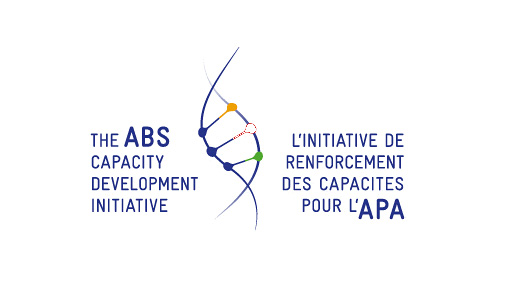Cooperation in action The ABS Initiative
The ABS Initiative involves governments, the private sector and public research as well as indigenous peoples and local communities. In close cooperation with the African Union the Initiative helps partner countries improve their political and legal framework, draw up ABS guidelines, lay the basis for negotiations on ABS agreements and strengthen the rights of indigenous peoples. The cooperation countries include Algeria, Benin, Cameroon, Côte d’Ivoire, Kenya, Madagascar, Malawi, Morocco and South Africa.
The ABS Initiative has succeeded both in linking the issue of equitable benefit-sharing with the Sustainable Development Goals of the 2030 Agenda and in mainstreaming it in the private sector. Co-financing from the Swiss State Secretariat for Economic Affairs (SECO) enabled an innovation fund to be set up that is supporting 38 small and medium-sized enterprises in southern Africa in the field of biotrade. The first Nagoya-compliant agreements between local communities in central Africa and European business enterprises have been concluded and will serve as a model throughout Africa.
As part of the Initiative, a regional consultation process involving the environment ministers of South Africa, Namibia, Botswana and Zimbabwe has been initiated: it aims to enhance consideration of the rights of indigenous peoples and local communities in value chains.
